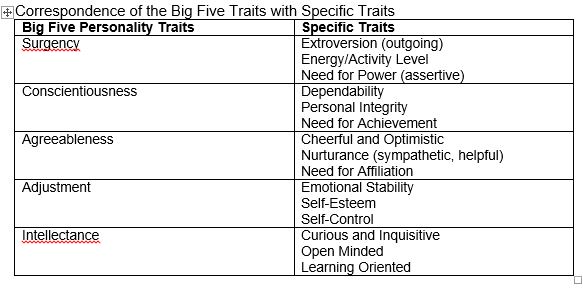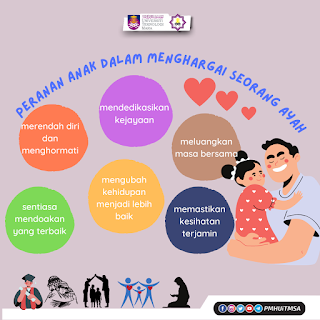Chapter 6:Leadership Traits and Skills
Learning Objectives
After studying this chapter, you should be able to:
■ Understand how leader traits and skills are related to
effective leadership.
■ Understand the types of research methods used to study
leadership traits and skills.
■ Understand what traits and skills are most relevant for
effective leadership.
■ Understand what traits and skills best predict success in a
managerial career.
■ Understand how the relevance of a trait or skill depends on
the situation.
■ Understand the limitations of the trait approach.
Specific
Traits Related to Leadership Effectiveness
•
High energy level and stress tolerance
•
Internal locus of control orientation
•
Emotional maturity
•
Personal integrity
•
Socialized power motivation
•
Moderately high achievement orientation
•
Moderately high self-confidence
•
Moderately low need for affiliation
Three-factor
Taxonomy of Broadly Defined Skills
Technical Skills: Knowledge
about methods, processes, procedures, and techniques for
conducting
a specialized activity, and the ability to use tools and equipment relevant to
that
activity.
Interpersonal Skills: Knowledge
about human behavior and interpersonal processes, ability
to
understand the feelings, attitudes, and motives of others from what they say
and do
(empathy,
social sensitivity), ability to communicate clearly and effectively (speech
fluency,
persuasiveness),
and ability to establish effective and cooperative relationships (tact,
diplomacy,
listening skill, knowledge about acceptable social behavior).
Conceptual Skills: General
analytical ability, logical thinking, proficiency in concept formation
and
conceptualization of complex and ambiguous relationships, creativity in idea
generation
and
problem solving, ability to analyze events and perceive trends, anticipate
changes, and
recognize
opportunities and potential problems (inductive and deductive reasoning).
Negative
Aspects of Very Low or Very High Trait Scores
Self-confidence
•
too little: indecisive, avoids risks, and does not seek to influence others
•
too much: arrogant, acts too quickly, and takes too many risks
Need for Esteem
•
too little: does not seek recognition or build a reputation for high expertise
and reliability
•
too much: preoccupied with reputation and status, exaggerates achievements,
covers up
mistakes
and failures or blames others
Need for Affiliation
•
too little: does not try to form strong relationships or build a social support
network
•
too much: overly concerned about being liked and accepted by others, over-uses
ingratiation,
and
will not risk popularity by asking for sacrifices or insisting on better
performance
Need for Independence
•
too little: dependent on others for direction, rule oriented, avoids taking
initiative
•
too much: resents authority, too quick to ignore rules and standard procedures
Altruism (value)
•
too little: selfish, indifferent about the needs of others, may exploit them
for personal gain
•
too much: overly generous and forgiving, unable to ask for sacrifices or
maintain discipline
Performance Orientation (value)
•
too little: the person accepts weak performance and does not push for
improvement
•
too much: the person is a perfectionist and is overly demanding and never
satisfied
Guidelines
for Understanding and Improving Relevant
Competencies
•
Learn about your strengths and weaknesses .
•
Maintain self-awareness .
•
Identify and develop skills relevant for a future leadership position .
•
Remember that a strength can become a weakness .
•
Compensate for weaknesses.



Comments
Post a Comment